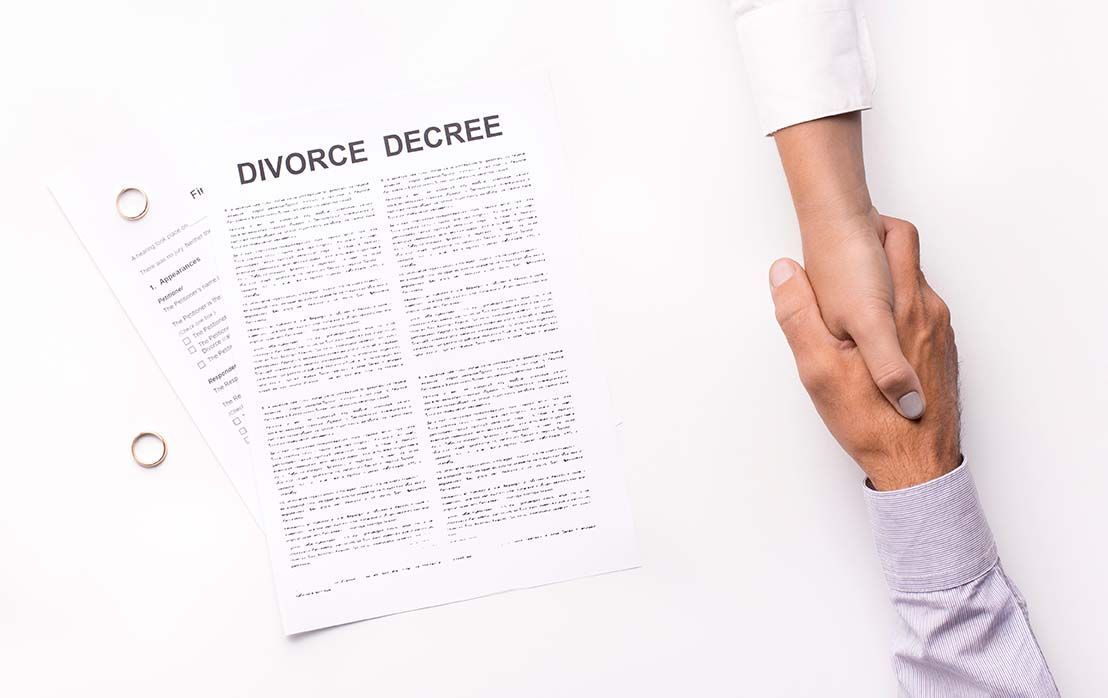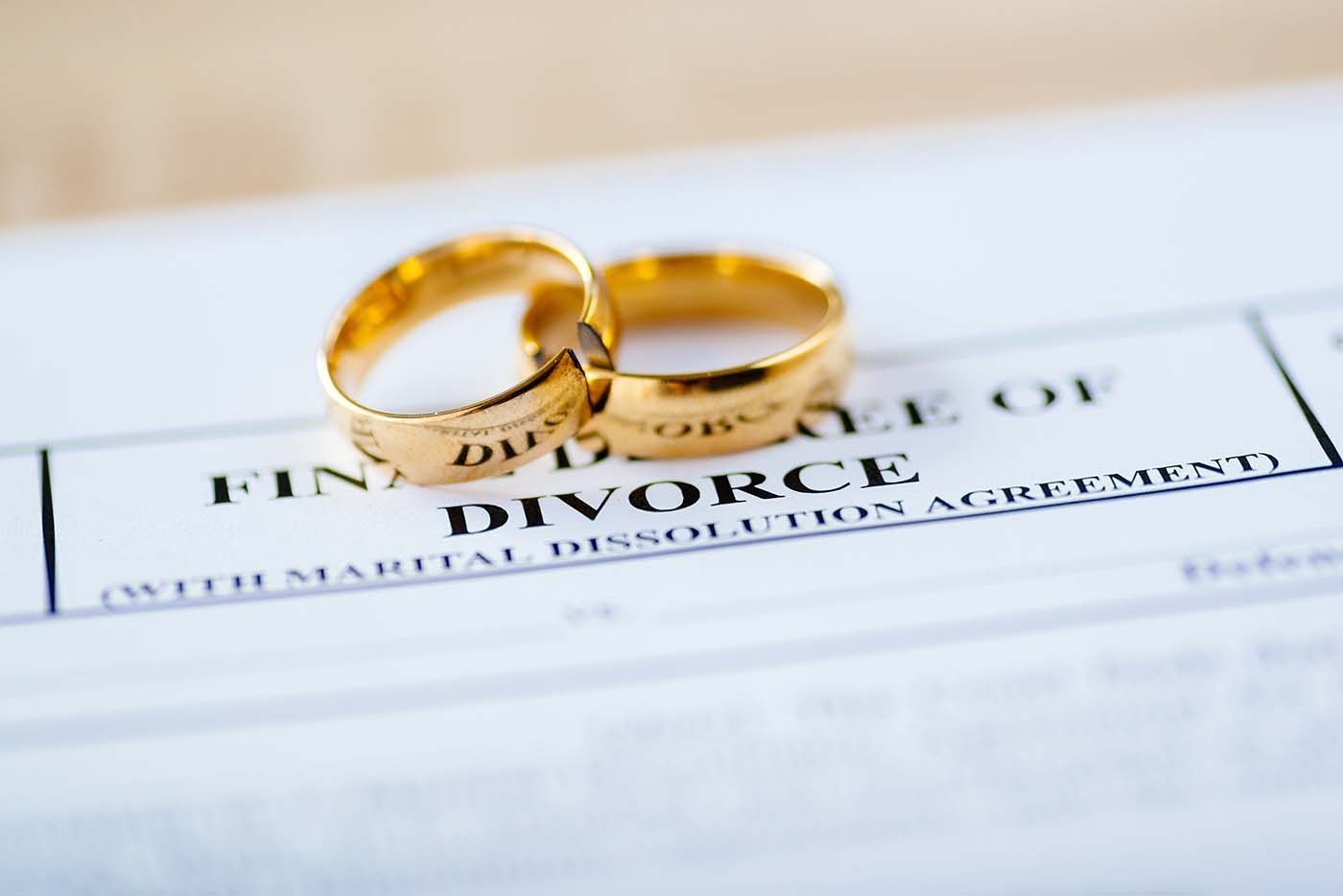Contested vs. Uncontested Divorce in New York: What You Need to Know
What’s the difference between contested and uncontested divorce in New York?
A contested divorce involves disagreement between spouses on key issues like custody, property division, or support, requiring court intervention. An uncontested divorce means both spouses agree on all terms and can move forward without litigation. While uncontested divorces are typically faster and less expensive, a contested divorce may be necessary to protect your rights—especially when children or assets are involved.
Serving Nassau & Suffolk County | Over 30 Years of Trusted Family Law Experience
At Greebel & Greebel, we know divorce is never one-size-fits-all. That’s why our Long Island divorce attorneys offer compassionate legal guidance tailored to your circumstances—whether your case is simple and cooperative, or complex and high-conflict.
Let’s explore the key differences—and how to choose the right legal path forward.
What Is an Uncontested Divorce?
An uncontested divorce in New York occurs when both spouses agree on all major aspects of the separation, including:
- Division of marital assets and debts
- Child custody and parenting time
- Child support and spousal maintenance
- Health insurance and retirement account division
This option is ideal for couples who:
- Want to avoid litigation
- Are on civil or amicable terms
- Have already agreed on parenting schedules and finances
Uncontested divorces are:
√ Faster
√More affordable
√ More private
Even when couples agree, our legal team ensures your final agreement is legally valid, enforceable, and structured in your long-term best interest.

What Is a Contested Divorce?
A contested divorce means one or both parties do not agree on one or more key issues. Common sticking points include:
- Custody or visitation disagreements
- Disputes over the family home
- Division of retirement assets or business ownership
- Alimony/spousal support disputes
- Allegations of misconduct (abuse, addiction, financial deception)
In a contested divorce:
- Attorneys negotiate on your behalf
- Court appearances may be required
- A judge may ultimately decide unresolved issues
While it’s often more time-consuming, a contested divorce is sometimes the only way to protect your financial and parental rights.
How Do I Know Which One Applies to Me?
If you're wondering, “Is my divorce contested or uncontested?” — here’s a simple guide:
| Situation | Divorce Type |
|---|---|
| We agree on everything | Uncontested |
| We disagree on custody, finances, or property | Contested |
| My spouse is uncooperative or abusive | Contested |
| I suspect hidden assets or unfair terms | Contested |
| We want a peaceful split but need guidance | Uncontested (with review) |
Still not sure? That’s what we’re here for.
What If My Divorce Starts Uncontested but Becomes Contested?
It happens more than you’d think. A friendly process can turn difficult—especially when emotions rise or new partners, financial concerns, or custody disagreements emerge.
At Greebel & Greebel, we’re prepared to pivot strategies quickly to protect your rights, no matter how your divorce evolves.
Local Guidance You Can Trust
At Greebel & Greebel, we’ve handled hundreds of contested and uncontested divorces across Nassau and Suffolk County. Whether you need a firm advocate or a steady hand during negotiation, we’re here to help.
📎 Learn more about our Divorce & Family Law Services
📞 Contact us to schedule your confidential consultation.
FAQs
Can you file uncontested if you disagree on some things?
No. For a divorce to be uncontested in New York, both spouses must agree on all major terms. Even one unresolved issue makes it contested.
Is uncontested divorce always better?
Not necessarily. While it’s faster and cheaper, an uncontested divorce may not be right if there are power imbalances, hidden assets, or unresolved parenting concerns.
Do I still need a lawyer for uncontested divorce in NY?
Yes. Having an attorney helps ensure your rights are protected, your documents are accurate, and your agreement is enforceable in court.









